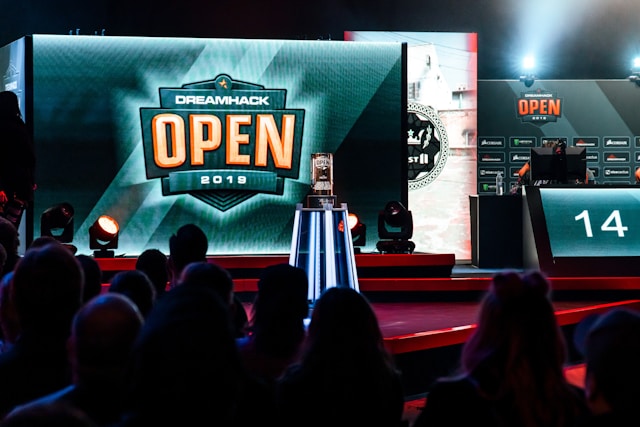One of the most significant aspects of the globalization of esports is the ability to bring together players and fans from diverse backgrounds. International tournaments, such as The International (Dota 2), League of Legends World Championship, and the Fortnite World Cup, attract participants and audiences from all corners of the globe. These events not only showcase the best talent from various regions but also create opportunities for cultural exchange and mutual understanding among players and fans.
The rise of global esports leagues and competitions has contributed to this cultural integration. Leagues like the Overwatch League and the Valorant Champions Tour feature teams from multiple countries, fostering a sense of global community and competition. These leagues often include international events and broadcasts, allowing fans worldwide to follow the action and engage with players from different cultures. The accessibility of global esports content helps to break down geographical barriers and unite fans who share a passion for competitive gaming.
The globalization of esports also reflects the industry’s influence on digital media and communication. Streaming platforms, such as Twitch and YouTube Gaming, have become key players in connecting esports with a global audience. These platforms enable fans to watch live broadcasts, interact with content creators, and participate in real-time discussions, transcending language and cultural differences. The ability to access and engage with Bestiebet88 esports content from anywhere in the world has contributed to the growth of a diverse and interconnected gaming community.
As esports continues to expand internationally, it is also impacting the local cultures and economies of various regions. The development of regional esports scenes and the establishment of local teams and leagues help to promote the growth of the industry in different parts of the world. This regional development often leads to increased investment in local talent, infrastructure, and events, contributing to the overall growth of the global esports ecosystem. Local esports scenes also create opportunities for cultural expression and representation, allowing players and teams to showcase their unique identities and traditions on the international stage.
Furthermore, the globalization of esports has led to the integration of gaming into mainstream culture. As esports gains popularity, it is increasingly being featured in mainstream media, entertainment, and advertising. This mainstream recognition helps to validate esports as a legitimate and influential form of entertainment, further expanding its reach and impact. Collaborations between esports organizations and global brands, as well as partnerships with traditional sports leagues and media companies, contribute to the growing visibility and acceptance of esports across different cultures.
The international nature of esports also presents challenges and opportunities for players and organizations. Navigating cultural differences, language barriers, and varying regional regulations requires adaptability and collaboration. Esports organizations and teams must be prepared to address these challenges while leveraging the opportunities presented by global expansion. This includes developing strategies for international marketing, managing diverse talent, and fostering a positive and inclusive global community.
In conclusion, the globalization of esports is reshaping the landscape of competitive gaming, creating a shared platform for players and fans worldwide. By bringing together diverse cultures and fostering international connections, esports is contributing to a more interconnected and inclusive global community. As the industry continues to grow and evolve, the impact of esports on global culture and communication will likely expand, offering new opportunities for cultural exchange, collaboration, and shared experiences in the world of competitive gaming.
